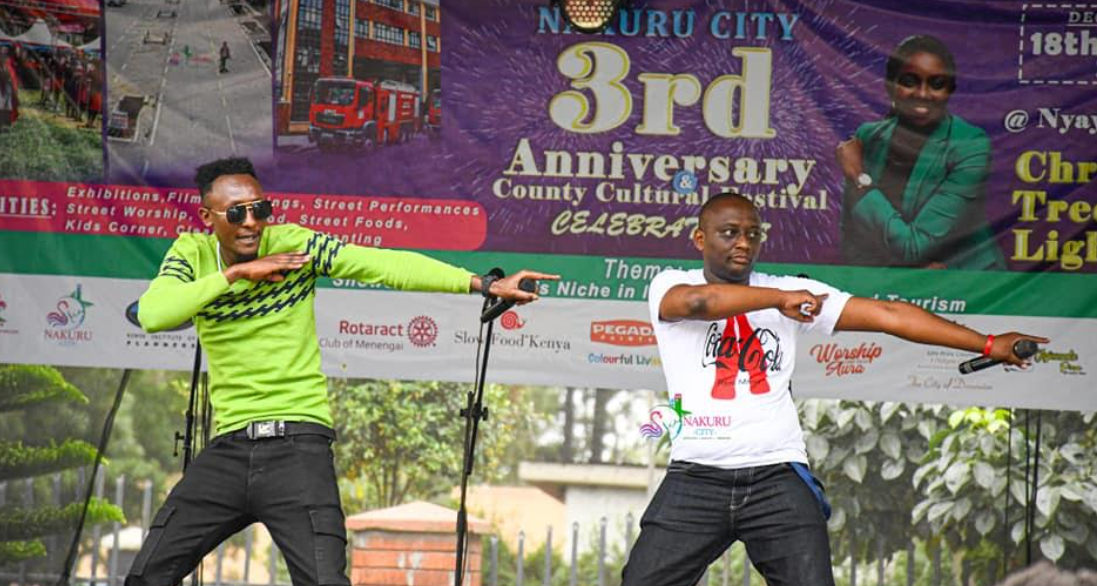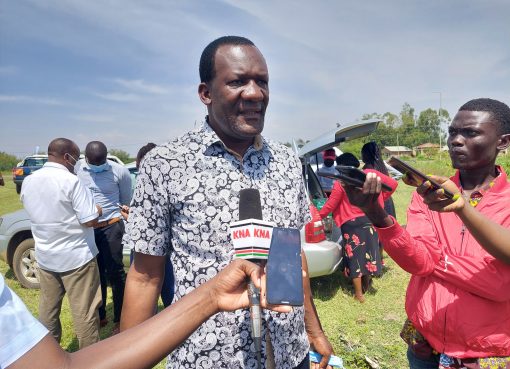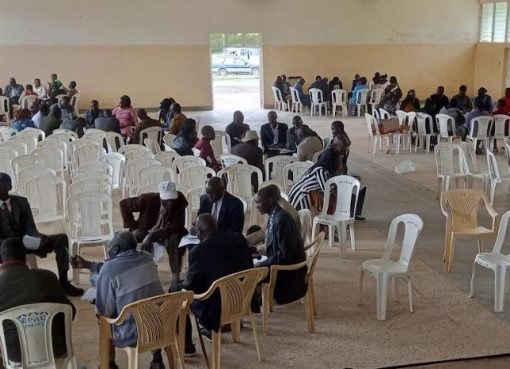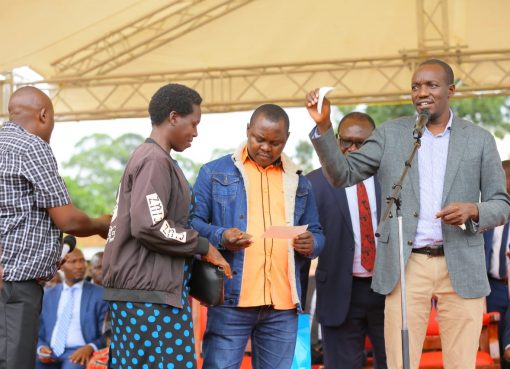Pomp and colour characterised celebrations to mark the third anniversary since Nakuru was awarded a charter, making it officially a city after years of lobbying.
Once reputed as the cleanest town in East Africa, Nakuru joined Nairobi, Kisumu, and Mombasa as cities when former President Uhuru Kenyatta handed it the Charter on December 1, 2021.
According to Nakuru City Manager Mr. Gitau Thabanja, the three-day event themed “Showcasing Nakuru’s Niche in Culture, Tourism, and Investment” kicked off Friday with massive clean-up and tree planting exercises.
“The celebrations are happening against the background that Governor Susan Kihika’s administration has rolled up its sleeves to make Nakuru the best city in Kenya. Already we have various projects underway that will restore the glory of Nakuru,” stated the City Manager.
The projects, once completed, are expected to enable the City’s residents to enjoy better recreational facilities, sufficient water, state-of-the-art stadia, good road networks, enhanced solid management systems, and other services.
Cities have extensive systems for housing, transport, water, sanitation, street lighting, proper drainage systems, transport, health services, land use, and communication.
While indicating that elevation to city status is unlocking Nakuru’s economic potential, Mr. Thabanja pledged that the town was set to undergo an overhaul and replanning in a bid to resolve the perennial problem of congestion, particularly in the Central Business District and main streets.
Nakuru, the administrative capital of the Rift Valley region and one of the fastest-growing urban centres, is the fourth largest town in Kenya after Nairobi, Mombasa, and Kisumu.
It was established by the British as part of the White Highlands during the colonial era, and it has continued growing into a cosmopolitan city. It received township status in 1904 and became a municipality in 1952.
The history of Kenya as a country is closely intertwined with that of Nakuru as a town and a district that is now a county. The first president, Jomo Kenyatta, and the second president of Kenya, Daniel Arap Moi, maintained their semi-official residences within the city.
The city for a long time has been a hotbed of Kenyan politics, and it was home to a variety of colourful politicians, including the late Kariuki Chotara, late Kihika Kimani, the late Mirugi Kariuki, and Koigi Wamwere.
Agriculture, manufacturing, and tourism are the backbones of the economy of Nakuru. The area surrounding the city is known for its vast agricultural potential with numerous small farms and also vast agricultural enterprises.
The highlight of the third anniversary celebrations launch was the clearing of overgrown drainages and unclogging of waterways in residential areas and the planting of tree seedlings at Nakuru High School, which Mr. Thabanja pointed out demonstrated the city’s commitment to environmental sustainability.
He called on residents to take pride in building a cleaner and greener Nakuru.
“This is a celebration of who we are and the future we envision together. This event is not just a celebration but a platform to highlight Nakuru’s potential as a hub for culture and investment.
Our city’s future lies in partnerships, sustainability, and shared values,” he remarked.
Various activities are lined up for the celebration, including children’s games, mural paintings in the city, exhibitions, evening street worship, and performances, among others, designed to highlight the city’s growing opportunities and vibrant community spirit.
The festivities also attracted large crowds at Nyayo Garden with performances by local artists that showcased Nakuru’s rich culture and talent.
Exhibitions were also a major highlight of the launch, as they offered attendees a chance to explore and appreciate a variety of displays that reflected the city’s progress, creativity, and innovation.
“Children enjoyed activities such as bouncing castles, dancing, and refreshments that guaranteed fun for the youngest attendees.
Families also gathered to share in the lively atmosphere, making the celebrations a true community affair,” stated Mr. Thabanja.
By Jane Ngugi





